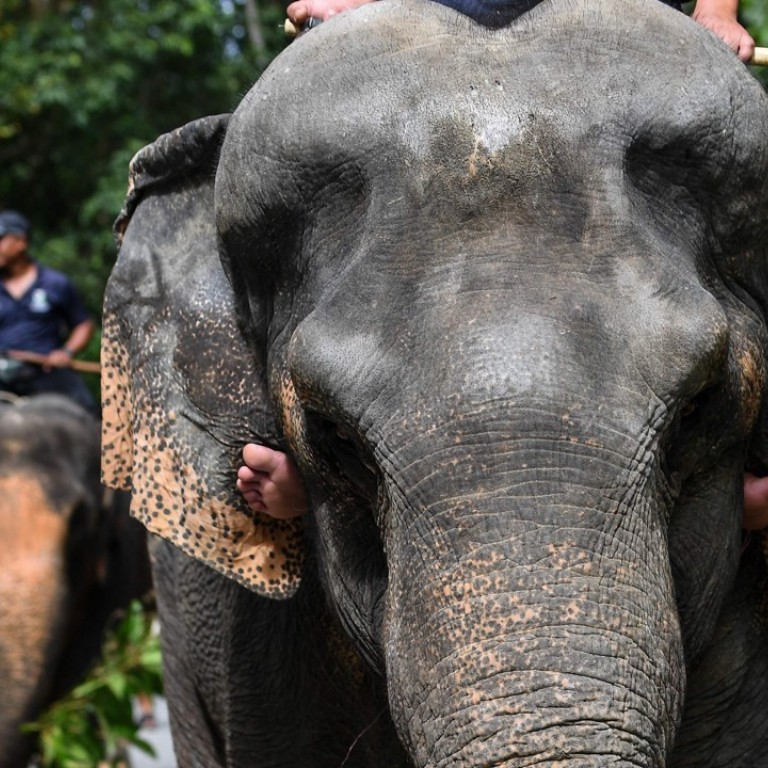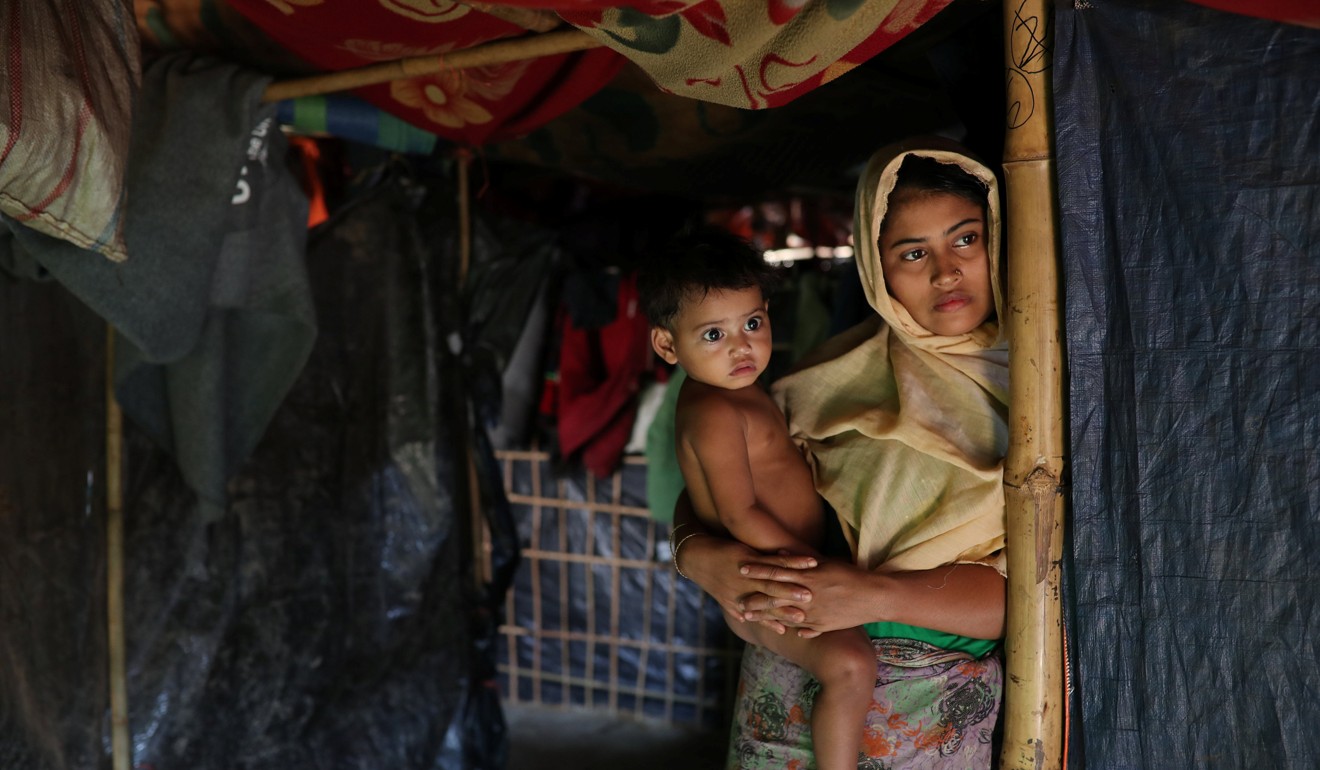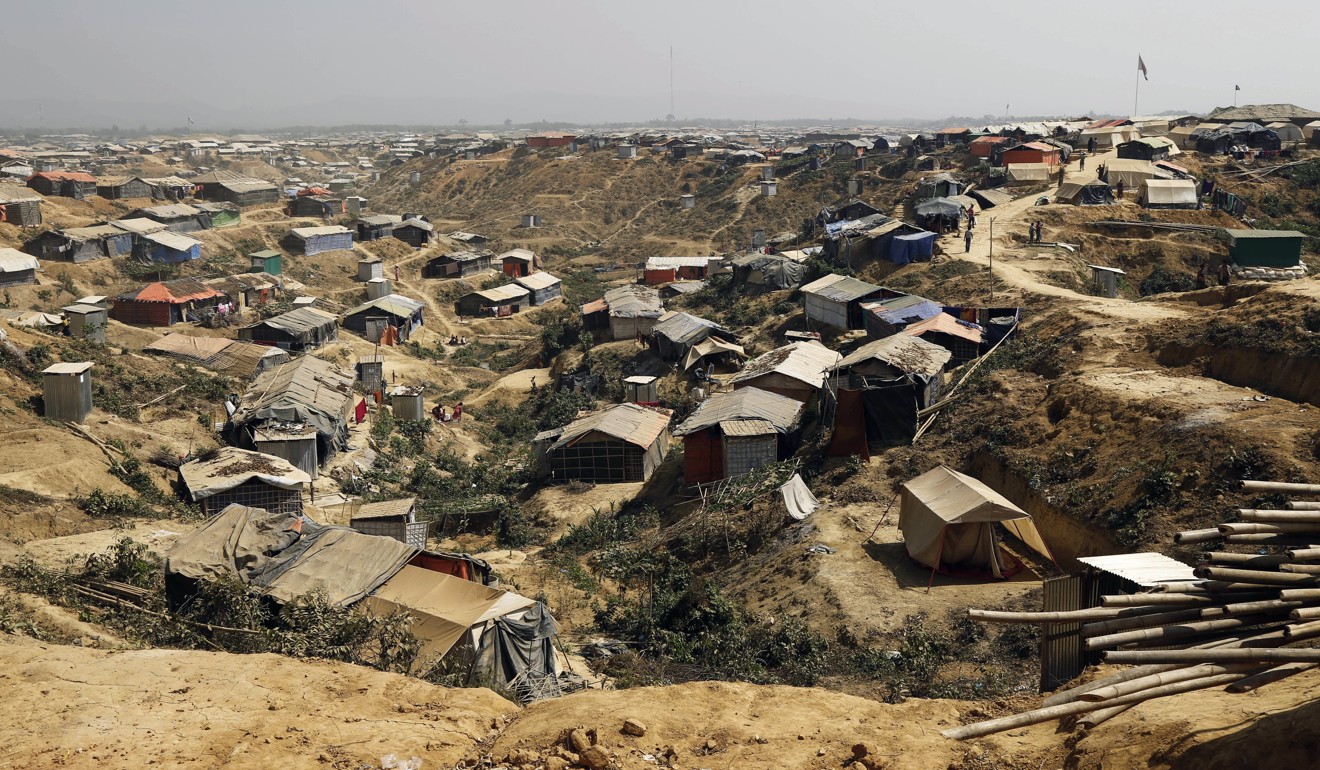
Elephants trample 10 Rohingya refugees to death in search for food
The Kutupalong settlement has long been an important habitat for wild elephants, adding the animals to the long list of concerns Rohingya refugees face
Elephants searching for food have trampled 10 Rohingya refugees to death in multiple incidents, the UN said on Tuesday, announcing a new plan to foster “safe coexistence” between animals and sprawling refugee settlements.
Some 700,000 people from Myanmar’s Rohingya community have fled over the border to Bangladesh since August, following an army crackdown that the UN has said amounts to an ongoing campaign of “ethnic cleansing”.
Refugee camps have shot up in Bangladesh’s border area of Cox’s Bazar, including Kutupalong which is now the largest refugee camp in the world.

Living conditions for refugees remain extremely difficult despite a growing international response, but the United Nations refugee agency said the threat from elephants had emerged as a new concern.
“The area now occupied by the Kutupalong refugee settlement has long been an important habitat for Asian Elephants. There are about 40 elephants in the area and they move between Bangladesh and Myanmar in search of food,” the Geneva-based agency said in a statement.

UNHCR announced it had formed a partnership with International Union for Conservation of Nature (IUCN), which has experience in Bangladesh helping people live alongside wild elephants.
The plan includes trainers who can teach refugees how to respond when an elephant approaches, including by deterring it from entering the camp.
Last week, a wild elephant entered the Kutupalong Refugee camp, killing at least one child and injuring 30 people.
Elephant in Kutupalong #Rohingya #refugee camp today. These events are becoming more frequent. pic.twitter.com/YvKg3rgdH6— Shafiur Rahman (@shafiur) February 22, 2018
Myanmar and Bangladesh have announced provisional plans for the Rohingya – a mostly Muslim ethnic group – to return home to Myanmar’s northern Rakhine state.
But rights groups and the UN have warned that conditions for their return are not close to being in place.

.png?itok=arIb17P0)